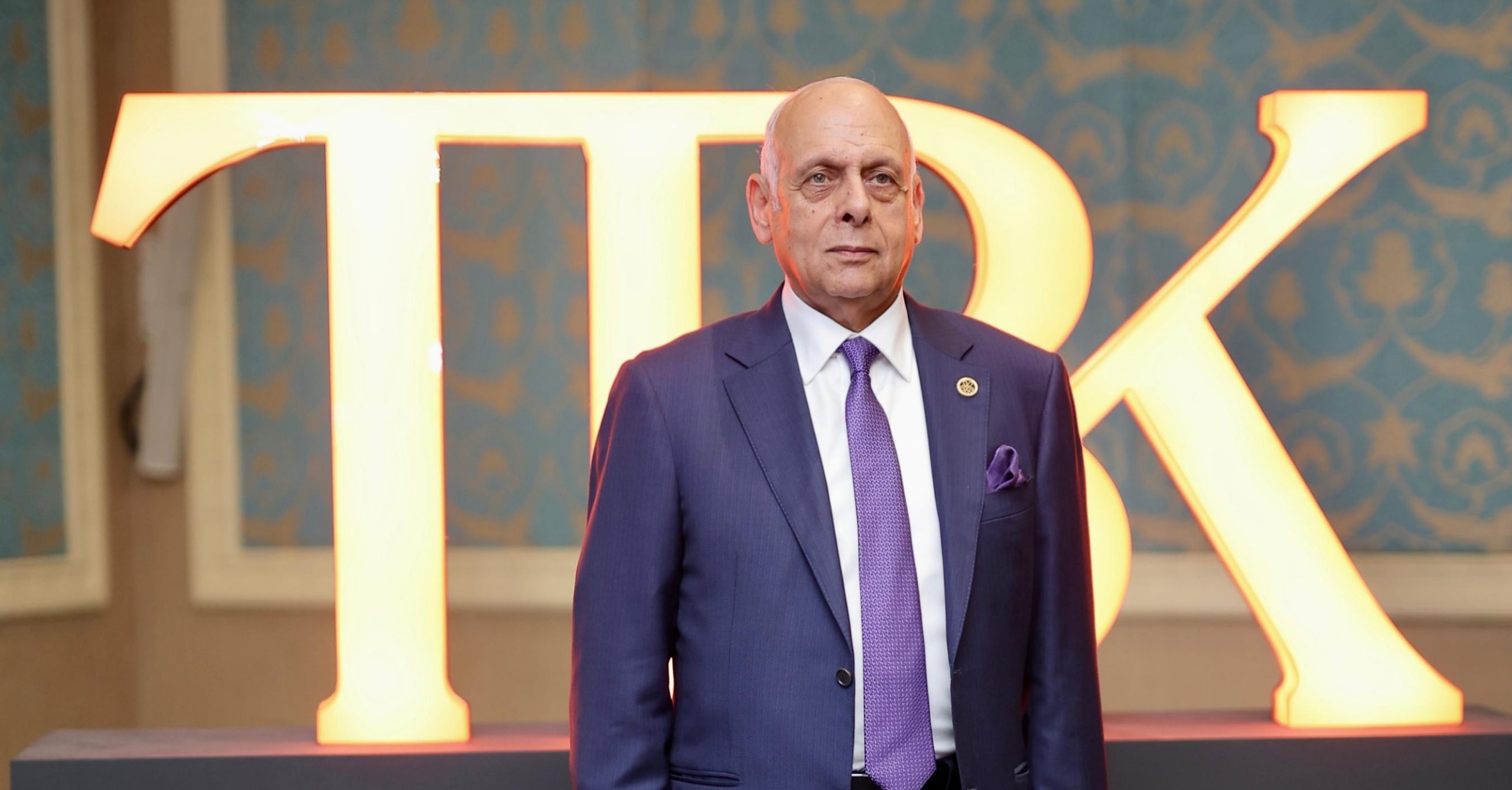
All these fears are very simple if you think that there is a “Robot” which will replace you and your manager, if you still stick to your current skills and your traditional career.
Are you afraid of robots taking your job? “Up to 800 million workers worldwide will lose their jobs by 2030 and will be replaced by robots” a study of McKinsey Global Institute said. The study of 46 countries and 800 occupations found that up to one-fifth of the worldwide work force will be affected.
How can you keep your job and your skills compared to those machines? Today’s global workforce of 6 billion has 2 billion employed, 2 billion self-employed, 1 billion in the informal economy, and 1 billion unemployed or in transition. About 3 billion people were employed in the early 21st century. Today there are 4 billion, either employed by others or self-employed. Hence, new technologies over the last several decades created as much or more new kinds of employment than they replaced. Unfortunately, about a billion people have not made the transition as successfully as others, according to Millennium Project.
FUTURE JOBS
According to a earlier report from the World Economic Forum (October2018), the most important challenges facing human labour in the future: the availability of skills required to cope with the great technological development.
One such issue is ensuring that the workforce has the skills needed to support new technologies. Our research shows that the digital divide between developed and developing countries is becoming more acute, and is the result not only of business cost-benefit decisions but also of workforce capabilities. By capabilities, I mean not just the higher-level technical and vocational skills needed to design, operate and maintain digital infrastructure, but also basic skills and ICT proficiency. The message is that skills matter, if we want to use technology to decrease, not increase, inequalities.
So far, this wave of technological change has not brought about an overall reduction in employment, as the Forum’s report confirms. While the change has affected certain sectors and occupations negatively, it is generating many new jobs in others, both directly and indirectly.
Everywhere we look, skill sets will need to be radically altered to keep pace with the changes taking place in the world of work. If businesses are to keep up with the disruption brought on by the Fourth Industrial Revolution, they will need to help their staff learn new skills, according to World Economic Forum.
The businesses that thrive will be those that put talent development at the centre of their operation. Using data analytics, HR functions will need to learn how to look ahead, analysing skills gaps and working out how to align their workforce to meet current and future challenges.
FUTURE SKILLS
According to “Future skills: Six approaches to close the skills gap” study issued on the World Government Summit (WGS) in February 2019, in partnership with McKinsey & Company: “Digitisation and automation are bringing about vastly changing requirements at the workplace, and will also be increasingly important for continued participation in society. Future skills are needed now— skills that to some extent already exist today like agile working and digital interaction, and also skills that are only just emerging like blockchain technology development, all of which will become considerably more important tomorrow.
As it currently stands, 25 per cent of today’s workforce will either need to find new professional activities by 2020 or significantly broaden their technological skills as well as their digital citizenship and classic skills—i.e. their cross-disciplinary skills. These skills include programming, agile working, and adaptability. Even elementary school students need to get ready for the change, since by 2030, 85 per cent of them will work in professions that do not yet exist.
Twitter: @mohamabdulzaher
Linkedin: @Mohamed Abdulzaher







